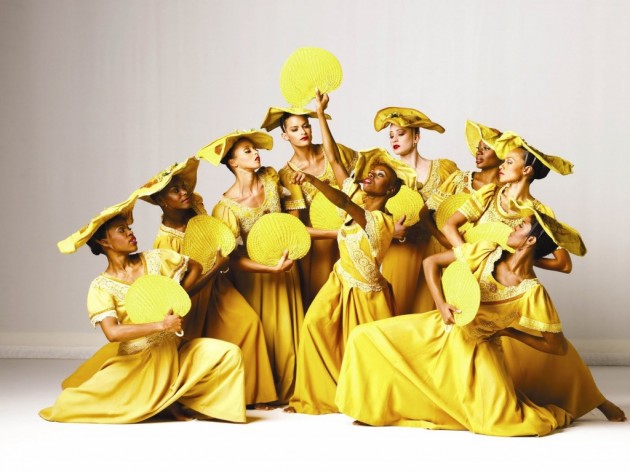Haitians are looking for solutions to what has been two weeksfull of gore and violence that has left 46 dead in its wake. In therecent days, the bodies of three beheaded policemen were discoveredin the capital after a scuffle with angry protesters turnedviolent.
Two UN soldiers have been shot and wounded, the first casualtiessince the force arrived this summer. In the midst of the turmoil,many countries are advocating removal from the poverty strickenisland while other nations, such as Brazil are soliciting theUnited Nations to commit more troops, creating a state ofuncertainty in the international realm.
“It’s leaving both sides at a disadvantage and nothing resolved.Haitians on both sides of the issue are dismayed and confused,”says Jean Phillipe Calixte, a Haitian historian and advocate ofpolitical activism in Haiti.
In recent days, the U.S. State Department has urged allnon-military Americans, nonessential diplomatic personnel and theirfamily to depart from the country. In step, Canada has alsorequested its citizens to avoid travel to Haiti unless absolutelynecessary. Meanwhile, Brazil and other South American states areblaming the unrest on a lack of soldiers to fight back theopposition.
According to Brazilian Foreign Minister Celso Amorim thesituation is worsening because the U.N. force, which Brazil leads,was operating at less than half-strength.
“As long as we don’t have the increase in forces, it’s going tobe very difficult,” says Amorium to the BBC.
In April the U.N. promised 8,300 soldiers and police to assistin the building of an interim government after the ousting ofpresident-elect Jean Betrand Aristide in February. Since then theyhave only deployed 2,600 soldiers, less than half of the promisedquantity.
At the same time, the nation remains bitterly divided betweensupporters and opponents of Aristide, who is in exile in SouthAfrica. An unofficial army, containing many of the men who led thearmed rebellion to remove the former president, has taken controlof many parts of the island of 8 million people.
U.S. approved Interim-Prime Minister Gerard Latortue admits thatthe lack of manpower and artillery make it impossible to fight offthese gangs of men. As these soldiers continue to fight forpositioning, Aristide supporters plan to protest at the NationalPalace for the return of their fallen hero, the first freelyelected president in Haiti’s history. Aristide, as do hissupporters, believe that he is still the legitimate president ofHaiti and accuses the U.S of helping members of the rebellion thatousted him.
To add to the unrest and misery, Haiti has also been tattered bydistressing natural disasters since Aristide fled. Floods in Maykilled at least 1,300 people, and Hurricane Jeanne last monthkilled almost 3,000 more. With so much gone astray in the island,many people wonder what can realistically be done to save a nationthat they believe is on a downward spiral towards destruction.
“Its starting to look like a losing battle. If something isn’tdone quickly, it could mean the end,” says Calixte.


